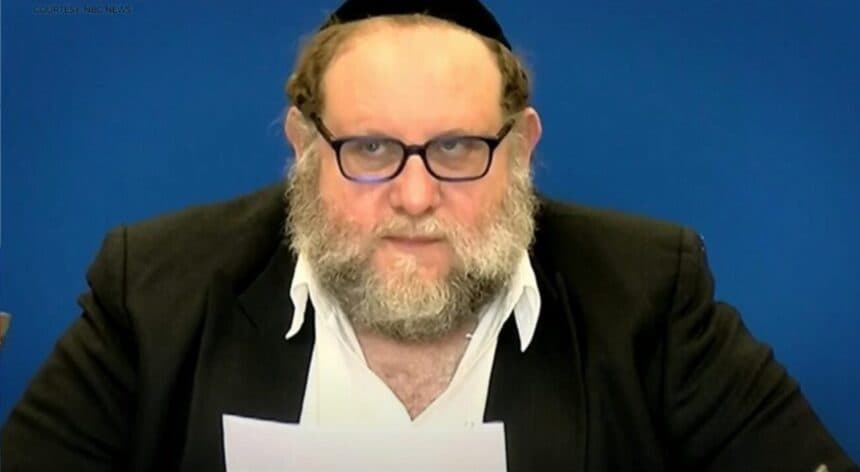Joseph Schwartz Pardoned by Trump Following $960,000 Lobbying Payment

Former nursing home executive Joseph Schwartz, who was serving a three-year sentence for tax fraud, received a full and unconditional pardon from President Donald Trump on November 14, 2025. The clemency came after Schwartz paid nearly $1 million to two convicted fraudsters, Jack Burkman and Jacob Wohl, to lobby the Trump administration on his behalf. This action has ignited debate regarding the influence of financial contributions on presidential pardons.
Schwartz, 65, had pleaded guilty to failing to pay nearly $39 million in federal payroll taxes and mismanaging employee 401(k) plans through his company, Skyline Management Group, which once operated nearly 100 nursing homes across 11 states. He had served only three months of his sentence, which also included a $100,000 fine and $5 million in restitution, all negated by the presidential pardon. The collapse of Skyline Healthcare previously impacted 7,000 residents and 15,000 employees.
Public disclosure filings reveal that Schwartz paid $960,000 to lobbyists Jack Burkman and Jacob Wohl to secure the federal pardon. Burkman and Wohl, described as right-wing provocateurs, are themselves convicted of telecommunications fraud related to robocall schemes designed to deter minority voter turnout. Former Secretary of Labor Robert Reich commented on the situation, stating, > "Schwartz secured the pardon after paying two other convicted fraudsters nearly $1M to lobby Trump on his behalf. Everything is for sale."
A White House official defended the pardon by citing Schwartz's age, deteriorating health, and the immediate payment of $5 million in restitution, asserting that funds were not used for personal enrichment. The official also claimed Schwartz was targeted by the "Biden Department of Justice" and denied that White House staff met with the lobbyists, characterizing such spending as "foolishly wasting funds."
The pardon has drawn criticism, particularly as it reportedly went against a recommendation from Trump's own Justice Department. Liz Oyer, a former U.S. pardon attorney, expressed concern that the substantial payment to lobbyists suggests a "special tier of justice for people who can afford to pay." Schwartz's defense lawyer, Kevin Marino, maintained that the pardon was justified, arguing that Schwartz was attempting to save his business rather than enrich himself, and that his original sentence was harsher than recommended.